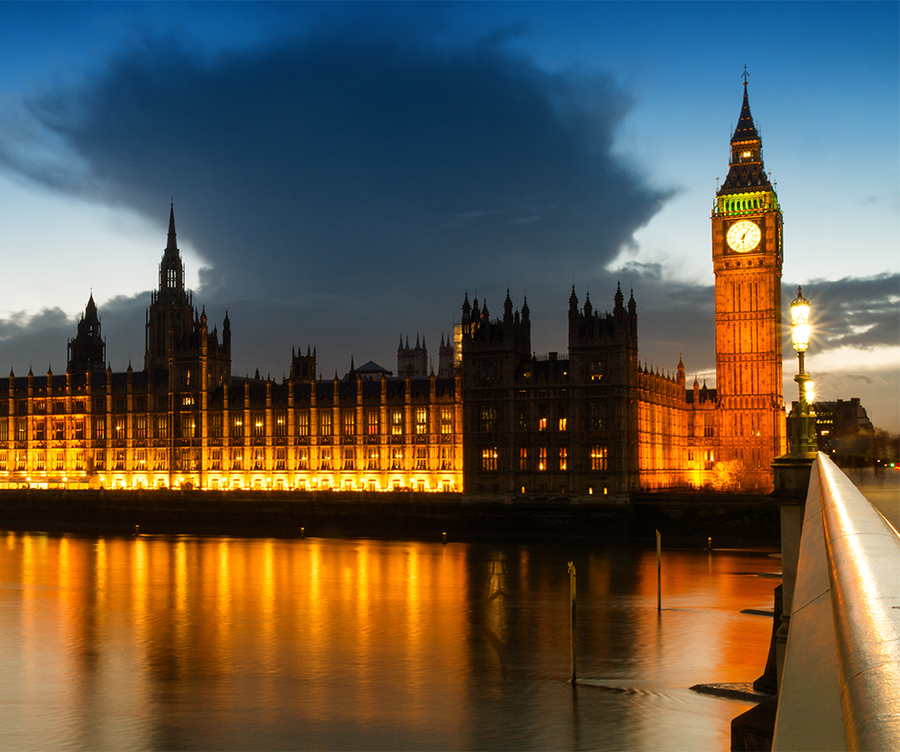The UK government’s rush to secure new trade agreements means it may not be doing enough to ensure companies can take advantage of deals already reached, according to an independent audit.
A report published today by the National Audit Office (NAO), a public spending watchdog, says officials have made “significant progress” in running multiple trade negotiations at the same time.
The Department for International Trade (DIT) had successfully transitioned 33 out of 39 existing agreements with non-EU partners by the end of 2020, covering 15.5% of UK trade that year, and has agreed three further deals since then.
However, the audit office warns of “new and heightened risks to manage when progressing at such speed and intensity”.
“In pursuing multiple new deals, there is a risk that the government will not allocate enough resources for implementing the deals already secured,” it says.
“This includes new activity supporting businesses to make use of the trade agreements, and monitoring progress towards achieving the potential benefits.”
Carrying out multiple negotiations at speed also restricts the amount of time available for consultation with parliament, businesses and the wider public, limiting the effectiveness of lessons learned, the NAO adds. In some cases, that has led to a lack of transparency and strain on staff.
Notable deals have included the September 2020 free trade agreement with Japan, the UK’s 11th largest trading partner. Bilateral trade between the two nations totalled more than £24bn last year, and the agreement goes further than the EU-Japan deal by allowing the free flow of data.
Since then, the DIT has also reached agreements in principle with Australia and New Zealand, and has embarked on negotiations to join the Comprehensive and Progressive Agreement for Trans-Pacific Partnership (CPTPP), which covers 11 Asia Pacific countries.
Further public consultations are underway on potential talks with India, the Gulf Cooperation Council, Canada and Mexico.
But according to the NAO, indicative data suggests that during 2019, UK businesses’ use of free trade agreements was low. That data covers around 70% of UK trade that was previously supported by European Union free trade agreements.
Another issue is that DIT has had to launch negotiations while domestic government policy was still being developed, for example in agriculture.
The NAO says the department is taking action to improve stakeholder engagement, but says “a higher-quality dialogue with businesses and consumers is needed to ensure that DIT can make well informed trade-offs during the negotiations”.
A DIT spokesperson says its recently published export strategy – which includes setting a £1tn target for annual UK exports within the next decade – will help businesses “take full advantage of the opportunities that our independent trade strategy offers”.
“We have already secured over £760bn worth of trade deals with 70 countries plus the EU, and our trade strategy will ensure that the UK continues to attract valuable financial investment that boosts our world-class exports and brings prosperity to every part of the UK,” they tell GTR. “2022 will be a five-star year for UK trade.”
The department acknowledges that UK businesses do not currently use preferential tariffs provided for by trade agreements as much as they could, however, meaning they incur avoidable costs. This could be due to a lack of awareness or a belief that the administrative costs are greater than the potential benefits, it says.
Rules of origin have also proven a sticking point for UK exporters, particularly around providing the necessary supporting documentation.
Last month, a report from the UK Trade Policy Observatory found UK exports to the EU fell 14% in the seven months following the introduction of a UK-EU free trade agreement.
Though the agreement contains 100% tariff liberalisation, companies were often unable to take advantage because they lacked the necessary paperwork. It estimated that tariffs were still being applied to a third of UK exports that qualify for preferential treatment.
The NAO report says the government is planning to raise awareness of its agreement with Australia, and has already run a campaign promoting its deal with Japan, though emphasises that promoting such arrangements to businesses needs to be “an ongoing endeavour”.







